The Washington Post: Experts Suggest that the End of the Blockade on Cuba Could Boost Global Health
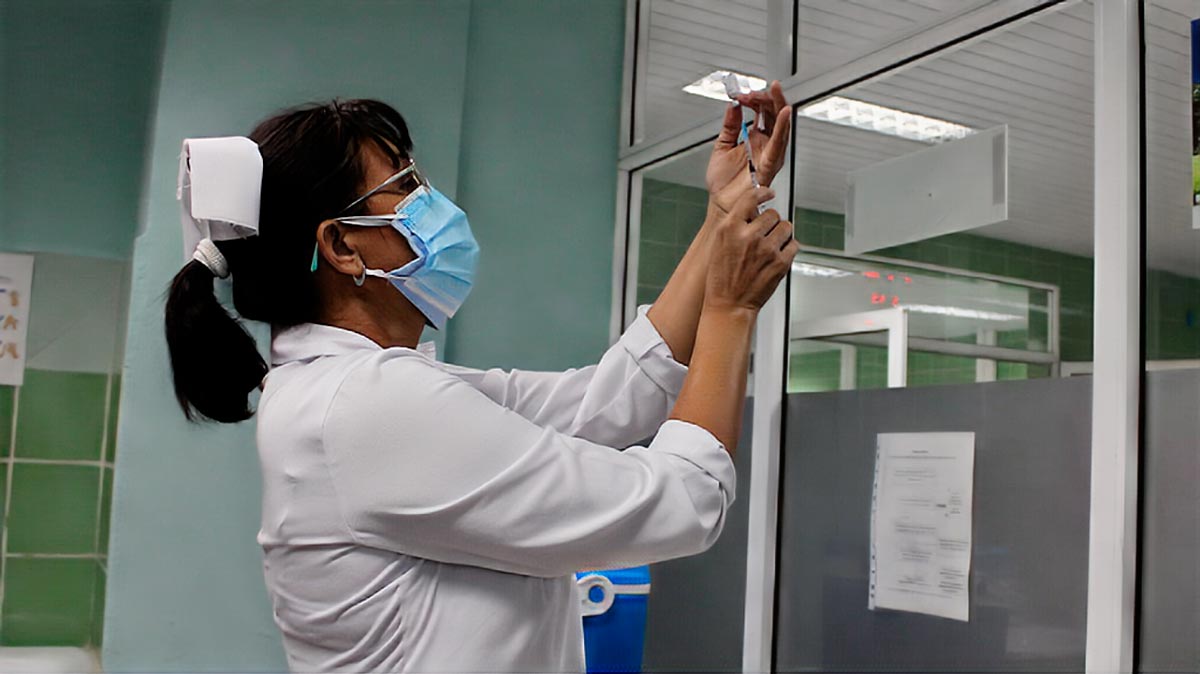
In a recent opinion article published in The Washington Post, two specialists proposed that the decision by U.S. President Joe Biden to reverse the strict policies towards Cuba implemented by his predecessor could signify a significant advance for global health security.
The authors of the article, Achal Prabhala and Vitor Ido, praised Cuba’s ability to develop, produce, and distribute its own Covid-19 vaccines to the world, despite being under an economic, commercial, and financial blockade from Washington that has lasted more than six decades.
The experts identified that the end of the sanctions on the Cuban biotechnological industry, which has the capacity to develop advanced vaccines and treatments, would benefit those countries that cannot afford the high costs of medicines produced by pharmaceutical companies from developed countries.
Amid the Covid-19 crisis, they highlighted that the United States had the opportunity to share its vaccine technology, however, not doing so prolonged the pandemic both locally and globally.

Both argued that Cuba’s experience, whose efforts to make its effective vaccines accessible to everyone were constantly hindered, offers valuable lessons.
They recall that when the Delta variant of the SARS-CoV-2 coronavirus was wreaking havoc in India and spreading globally, donations from the United States and Europe failed to adequately address the problem on a global scale.
In their article, titled “Next Pandemic: Let Cuba Vaccinate the World,” they detailed how these governments failed to persuade the companies they had funded to share the technologies that would allow other countries to produce their own medicines.

They highlighted that, in the face of this grim scenario, it was amazing to discover that Cuba had managed to develop two effective coronavirus vaccines from scratch, and then committed to sharing its intellectual property with the world.
Remarkably, Cuba managed to export almost as many doses of its vaccines as it used internally, benefiting countries such as Venezuela, Mexico, Vietnam, Syria, Nicaragua, Belarus, and Iran.
Despite this notable contribution, they pointed out that measures against the Caribbean nation have intensified, exerting ongoing political and financial pressure aiming to isolate Cuba not only from the United States but also from the rest of the world.
The authors remarked on how former President Donald Trump (2017-2021) not only reversed the policy of rapprochement that his predecessor Barack Obama (2009-2017) had implemented, but also labeled Cuba as a state sponsor of terrorism in 2021.
This measure has led to a situation where even in countries where transactions with Cuba are legal, few banks are willing to risk suffering heavy fines and criminal sanctions for being perceived as collaborators with terrorism, they emphasized.
Finally, they concluded that the prolonged U.S. embargo not only harms Cuba, but also has a negative impact on the whole world.
Achal Prabhala is the coordinator of the AccessIBSA project, which advocates for access to medicines in India, Brazil, and South Africa; and Vitor Ido is a program officer in the Health, Intellectual Property, and Biodiversity Program at the South Centre in Geneva, Switzerland.


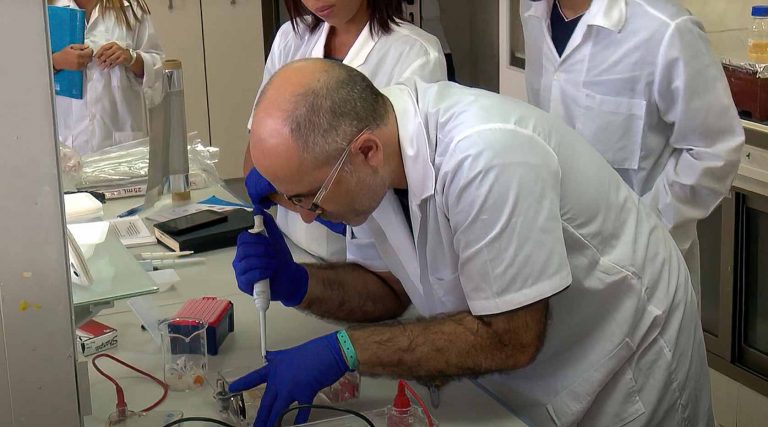
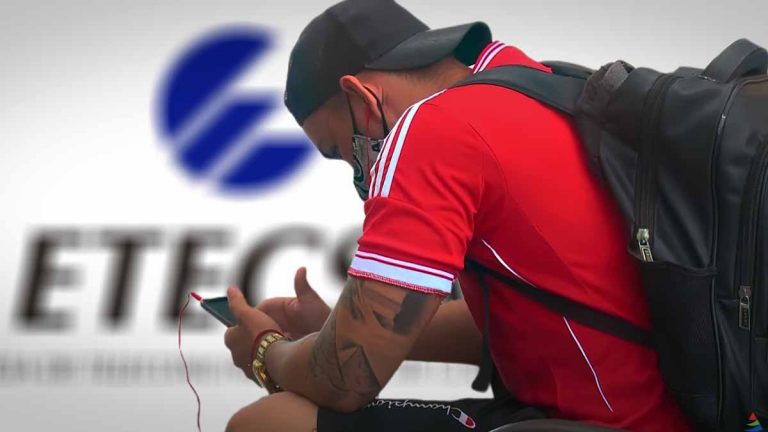
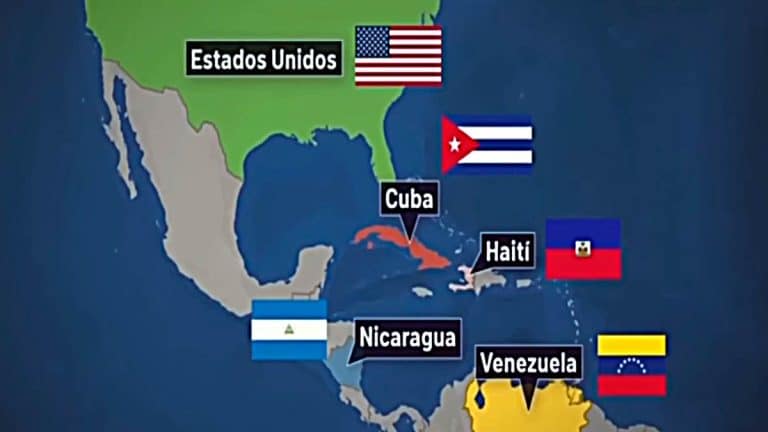
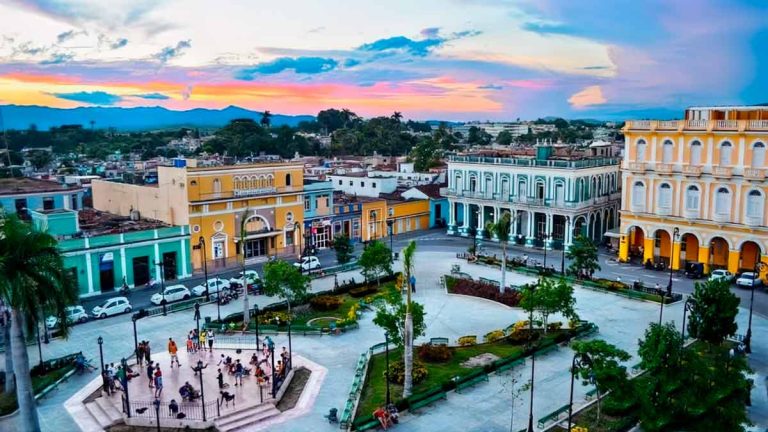
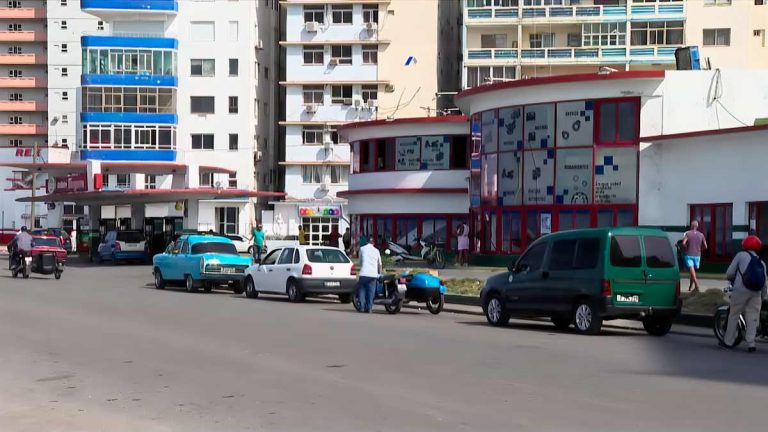

Only countries that can be blackmailed by USA are not sending money transfers to Cuba. Mexico sends money, Canada too, entire Europe also.
Thank you for your comment. Your point about the money transfers to Cuba from various countries is indeed interesting. However, the main focus of the article isn’t primarily about remittances or money transfers. Instead, it’s about the U.S. embargo, which hinders full-scale cooperation with Cuba, especially in the realm of global health. The authors emphasize how Cuba’s capability to develop and distribute its Covid-19 vaccines, despite facing economic and political pressure, could significantly enhance global health if the sanctions were lifted. Irrespective of the remittances or financial transfers they provide to Cuba, all countries could benefit from access to this technology and cooperation in biotechnology. The discussion here is less about monetary diplomacy and more about health diplomacy, and the potential positive impact that ending the blockade could have on it.